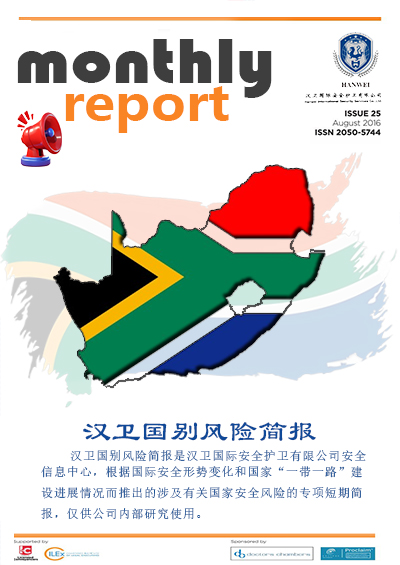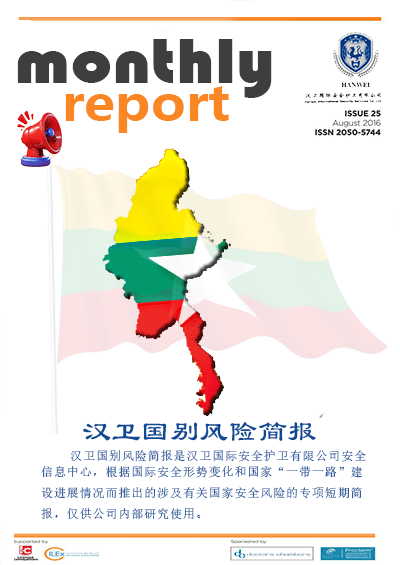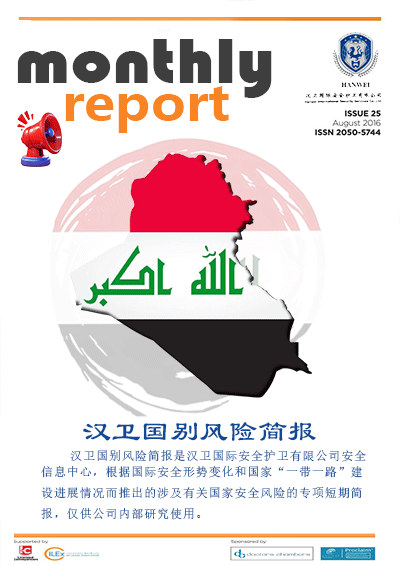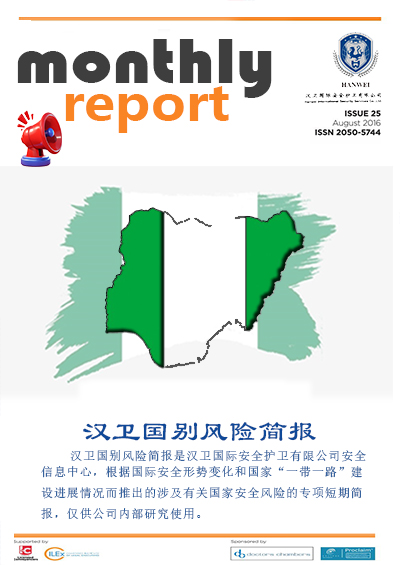I. Political and Economic Aspects
(I) Fierce Competition in the Iraqi Prime Minister Election, Fearing a Long "Vacancy Period" for Cabinet Formation
(II) Centuries-old Severe Water Crisis, Economic and Livelihood Under Pressure
(III) Protest Activities Focus on Basic Livelihood Security
On October 13, security forces violently expelled demonstrators protesting against the water crisis in Basra Province, Iraq. Live ammunition and tear gas injured many civilians, including women and children.
On October 15, a large number of contractors gathered at the Ministry of Finance in Baghdad, demanding that the government settle the arrears of national engineering projects. Otherwise, the public service system may collapse, and both enterprises and employees will face a severe survival crisis.
II. Social Security Risks
(I) Shooting Incident Targeting the "Rule of Law State" Coalition
(II) Explosion Incidents
Baghdad: On October 14, Safa al-Mashhadani, a parliamentary candidate of the "Sovereignty Alliance" - the core Sunni political force in Iraq, was killed in a car bomb attack in Baghdad, and four other companions were injured.
Basra Province: Explosions caused by homemade improvised devices occurred near the University Hospital in the Bradiya District of central Basra and near a construction contracting company responsible for undertaking oil field electrical and instrumentation projects, resulting in certain property losses.
(III) Tribal Conflicts
III. Other Aspects
(I) Economic Sanctions and Political Pressure, the U.S. Continues to Intervene in Iraqi Affairs
Recommendations for Key Prevention Measures for Chinese-funded Enterprises and Individuals in Iraq
- Closely Monitor the Election Situation and Travel CautiouslyWith the approaching of the parliamentary election and the prime minister's election, the political competition environment in Iraq is fierce. It is recommended to pay timely attention to relevant news reported by official media and other channels, stay away from areas of political rallies and public protests, and avoid discussing political and livelihood topics in public places.
- Strengthen Security Prevention and Emergency PreparednessThis month, a number of security incidents such as political shootings and tribal conflicts have broken out in Iraq. It is recommended not to go to Baghdad - the capital of Iraq, and tribal gathering areas such as Najaf, Diyala, and Dhi Qar unless necessary. When going out if necessary, routes should be planned in advance, and necessary security forces should be deployed if required. In addition, there have been several incidents of lawbreakers robbing and extorting Chinese citizens in Iraq recently. It is recommended to strengthen the security protection of residences and workplaces, such as installing anti-theft doors and windows and monitoring equipment. Enterprises should formulate detailed security emergency plans and establish good cooperation with professional security organizations to improve the ability to respond to emergencies.
Avoid the Game of External Forces and Strictly Abide by the Compliance Boundaries of ProjectsBased on the multi-faceted intervention of the U.S. in Iraq, Chinese-funded enterprises should strictly define their business scope, make project plans in advance, and strictly abide by Iraqi laws and regulations to ensure the compliance of business activities. Before carrying out business activities in Iraq, relevant enterprises are advised to carefully check whether their transaction counterparts are on the sanction lists issued by official channels such as the U.S. Department of the Treasury's Office of Foreign Assets Control (OFAC) to avoid project uncertainties caused by sanctions.
Iraq Emergency Call: 130
Iraq Ambulance Call: 105
Global Emergency Call for Consular Protection and Services of the Ministry of Foreign Affairs (24 hours): +86-10-12308, +86-10-65612308
Consular Protection and Assistance Hotline of the Chinese Embassy in Iraq: +964-7901912315
Consular Protection and Assistance Hotline of the Chinese Consulate General in Erbil: +964-7515477820
Consular Protection and Assistance Hotline of the Chinese Consulate General in Basra: +964-7858618940




